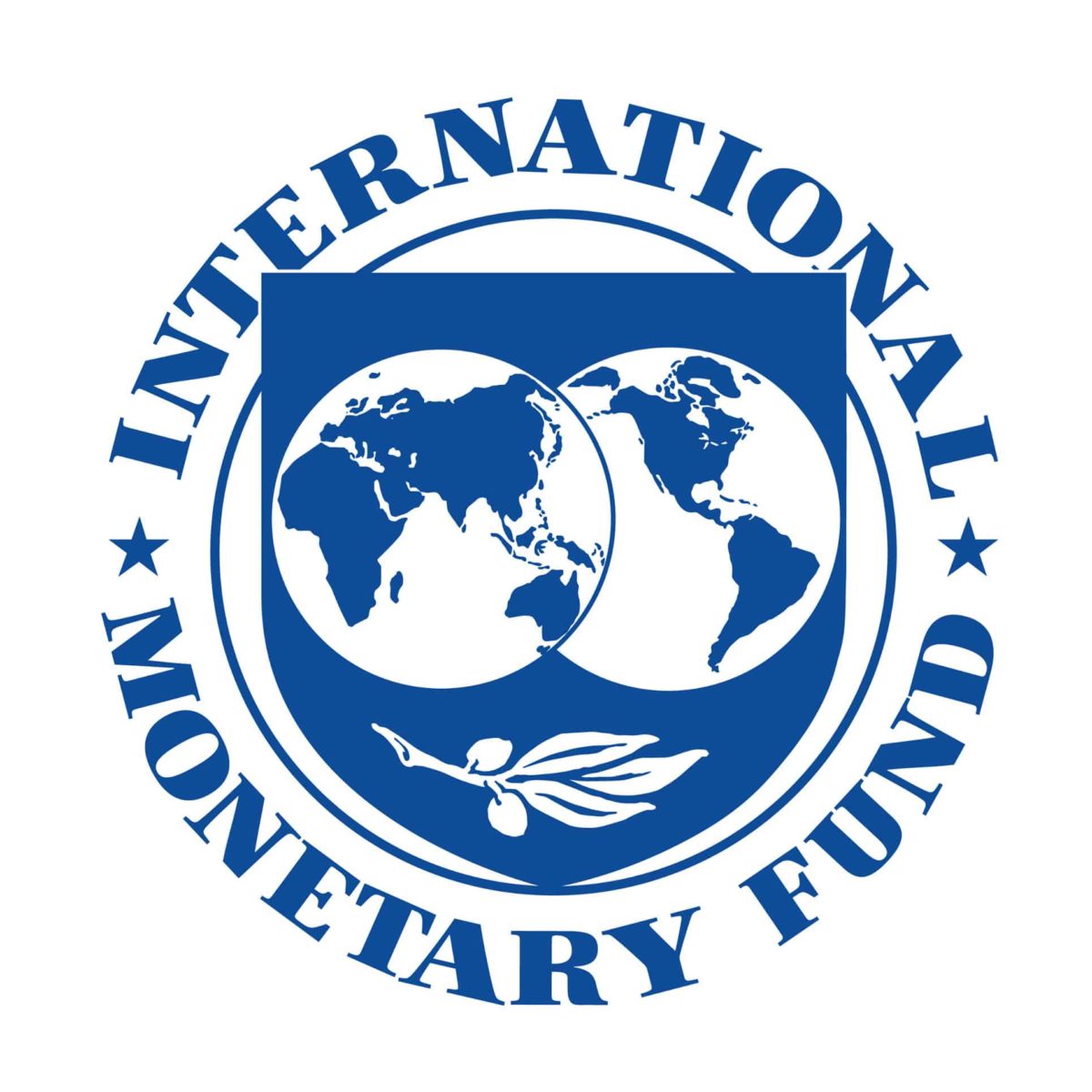President Carlos Alvarado still intends for Costa Rica to negotiate with the International Monetary Fund (IMF) to address the country’s looming financial crisis.
In an interview with the daily La Nación, President Alvarado confirmed Costa Rica would still seek assistance from the IMF, an approach that had previously drawn criticism from various sectors.
“The answer is yes, let’s go to the International Monetary Fund,” Alvarado told La Nación.
“We will attend, procure and seek the route of the Monetary Fund as part of that solution of the stabilization of the country’s finances.”
Alvarado explained he had instructed Finance Minister Elian Villegas against mentioning Costa Rica’s IMF plans during last month’s multi-stakeholder dialogues. Saying he took responsibility for any confusion, Alvarado said he has the responsibility to ensure financial stability “if the solutions [decided by the dialogue] are not enough.”
“Costa Rica needs, yes or yes, an adjustment,” Alvarado said. “If we do nothing, the adjustment will be given by itself and will be like that of the 1980s. And it’s very painful. So, yes or yes, we need that adjustment.”
Alvarado indicated that further details about the decisions reached in the multi-sectoral dialogue and about negotiations with the IMF will be announced later this month.
Costa Rica’s original IMF proposal
In September, the IMF confirmed it had begun conversations with Costa Rica for a since-suspended loan request.
The original proposal was for a $1.75 billion loan distributed over a period of three years. The Presidency argued it had favorable terms and was a necessary step to keep Costa Rica’s debts at a manageable level, allowing the government to spend less on interest payments and more on social programs.
However, the planned IMF discussions faced significant internal scrutiny. When a country borrows through the IMF’s Extended Fund Facility (EFF), as Costa Rica intended, it “commits to undertake policies to overcome economic and structural problems,” according to the financial entity.
The Presidency’s proposal relied too heavily on new taxes rather than on other cost-saving measures, critics said.
Following the backlash, Costa Rica in October withdrew its planned IMF-related economic measures.






